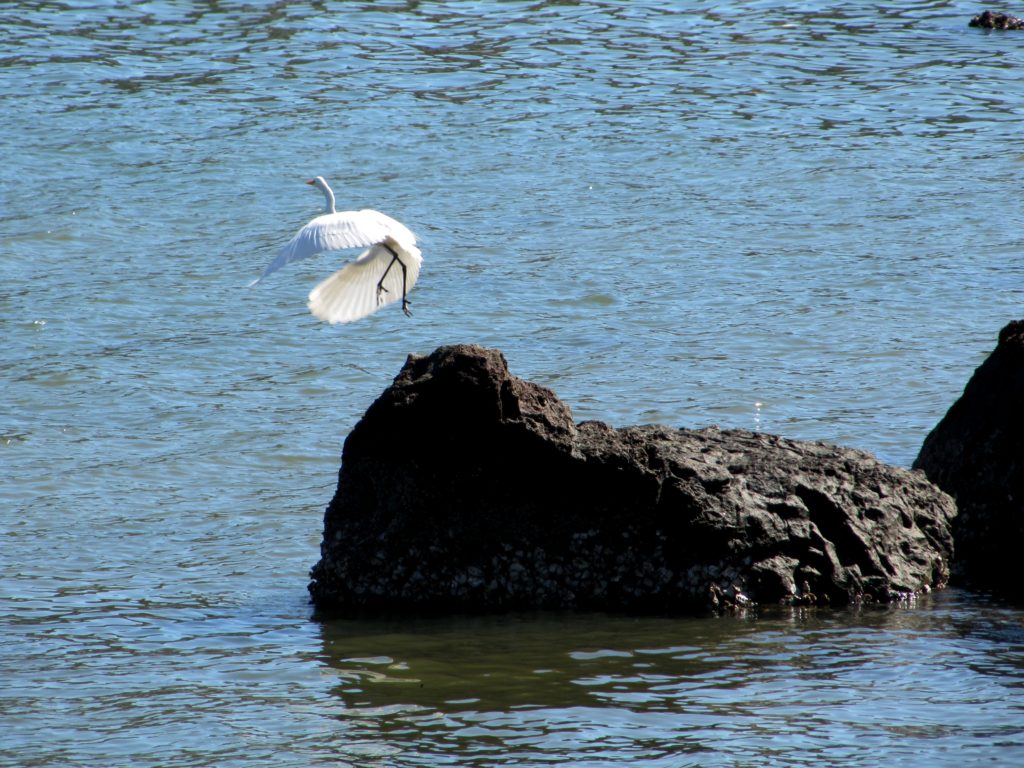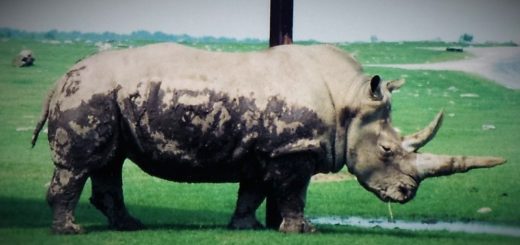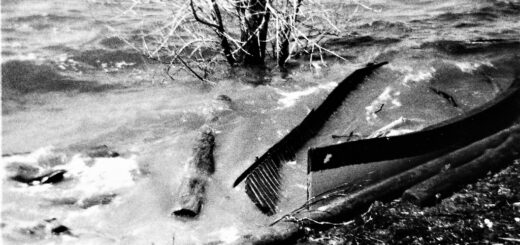On the Death of Queen Elizabeth II
The one and only person whose existence held slightly ajar the door of legitimacy in anyone’s honest judgment of the relevance of the British monarchy in the twenty-first century has now died. Queen Elizabeth II allowed our imaginations to remain connected to the royal family’s meaningful past not only because she ascended to the throne back when that past was still somewhat alive, but more importantly because she herself, in her bearing and behavior, clearly marked the final appearance on this Earth of the British monarchy as an admirable or at least respectable institution with a genuinely remarkable, and in many ways glorious, history. She was the end of it, as we have all known for decades. Her children and grandchildren have shown themselves to be, for the most part, increasingly ridiculous or shameless, and in some cases genuinely harmful and obnoxious.
Queen Elizabeth II understood that her position entailed a solemn duty and indicated a burdensome fate. She fulfilled the duty and, from her earliest public speeches, expressed a humble acceptance of the fate. Above all else, that fate involved a responsibility to represent, in her person and actions, the continuity of certain historical ideas that were quickly becoming unfashionable to the point of complete evaporation, even at the outset of her reign, but upon which both the constitutional monarchy as such and, one might argue, the very possibility of a lasting civilization, depend: nobility of spirit, the notion of a life devoted to impersonal and transendent aims, the moral world of “ladies and gentlemen,” and of a sense of constant dedication to the will of ancestors and the memories of past greatness. Her descendants, as we see them today, have lost the very essence of the concept of a monarchy, which lies in the steadfast refusal to be “of the moment,” to be topical and trendy, to be progressive, to be about “me,” to make the personal satisfactions of fame and (most shameful of all) celebrity one’s raison d’être.
Elizabeth did not improve anything, strengthen anything, or significantly change anything. For that, here at the historical moment of ascendent mob rule, was not her duty. Her duty was, in sum, to hold on, to cling — on behalf of the past, of the very British notion of modern liberty, and of her ancestors — to the fading world of English civility, Shakespeare, Oxbridge, proper manners, unsurpassed wit, “Jerusalem,” strong-yet-feminine women, eloquent statesmen, the rule of law, the stiff upper lip, military honor, and a language that has united the world as no other ever did. The degree to which she lived up to that duty, to which she sincerely tried to hold on, may be measured by the sheer fact of her having remained on the throne longer than any of her more politically consequential and world-changing predecessors. Her duty, and the awful substance of her fate, was merely to stand alone at the edge of the abyss and fend off, as best she could, all that was obviously and inevitably pushing her nation, the remnants of her empire, and even her own family, “forward” into the emptiness. She did her best.
Watch her on film, in April 1982, alongside Canada’s own longest-serving monarch-in-his-dreams, Pierre Elliot Trudeau, during the ceremony in which she officially cedes control of Canada’s constitution to the government of Canada. Trudeau, in his moment of greatest personal glory (as he and his admirers saw it), draws all attention to himself in his boutonnièred smugness. Meanwhile, his queen — whom I identify that way merely because Trudeau would have hated the phrase — presides next to him in her typical and unflappable demureness, and nevertheless dominates the scene precisely to the extent that Trudeau begs for attention and struts his insouciance. Throughout that trivial political ceremony for a trivial political entity, Pierre the Prime Minister looks increasingly like a scruffy teenager acting aloof in front of the grown-ups in a desperate attempt to impress his buddies, while Elizabeth the Queen manages to perform the thankless task of transferring some of her power to another while simultaneously diminishing that other with her dignity. (She did that sort of thing a lot, and did it well, not least, unfortunately, in the face of the indirect insults of her own children and grandchildren.) I ought perhaps to note that I first formed this comparative judgment, implicitly, even as I watched the ceremony live on television as a teenager. Though Trudeau, who had been my prime minister for nearly my entire life up to that point, was eagerly playing king-for-a-day, it was the woman who was my monarch throughout my entire life, until a few days ago, who came across as the bigger person — more mature, more stately, more serious, and less invested in the optics of a day’s events, which is to say more connected to something larger than this or that moment.
I feel no special love for Queen Elizabeth II, nor any great remorse over the death of the worn-out British monarchical system which her departure will surely hasten. But compared to what we, living here in the final decades of a civilization, have had as objects of comparison of late, it can hardly be denied that her death symbolizes, and perhaps more than merely symbolizes, the loss of even more of those final and faint echoes of what “Western man” once was, but may never be again.



